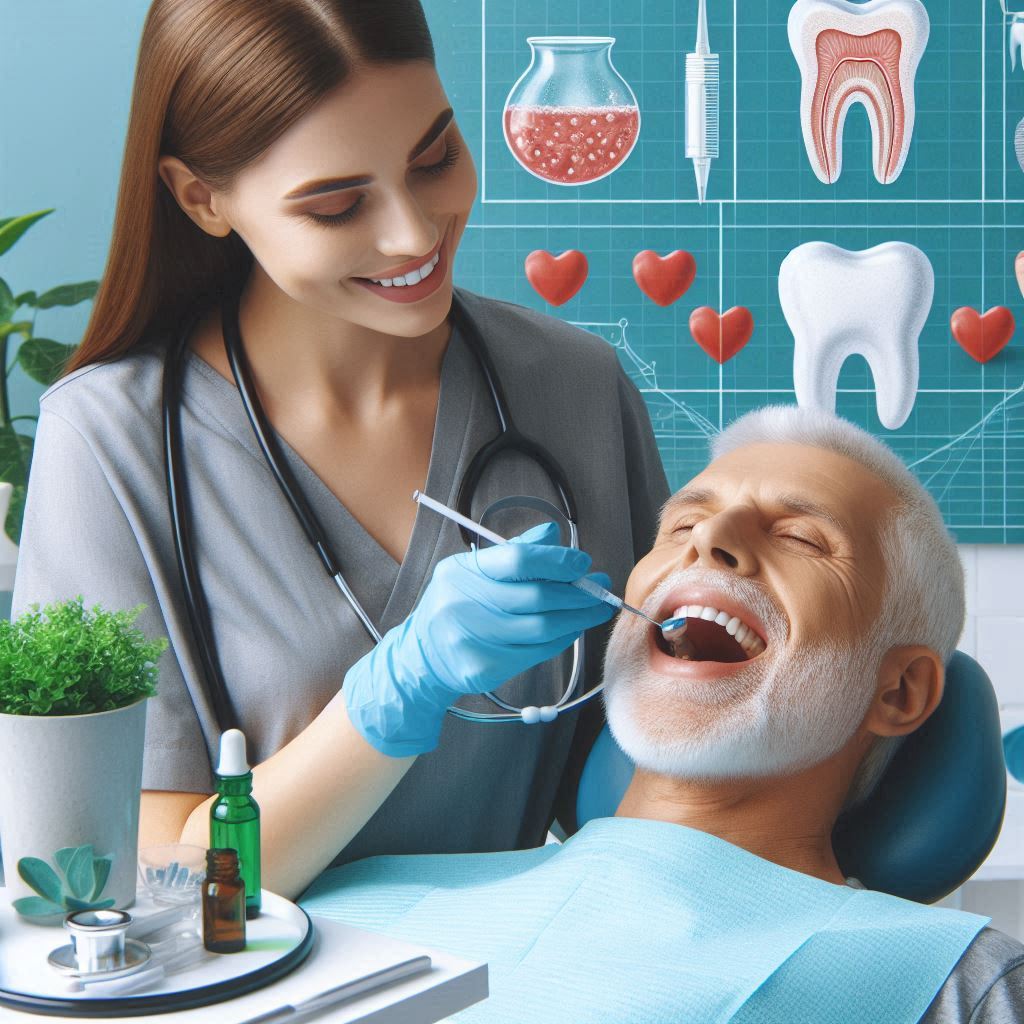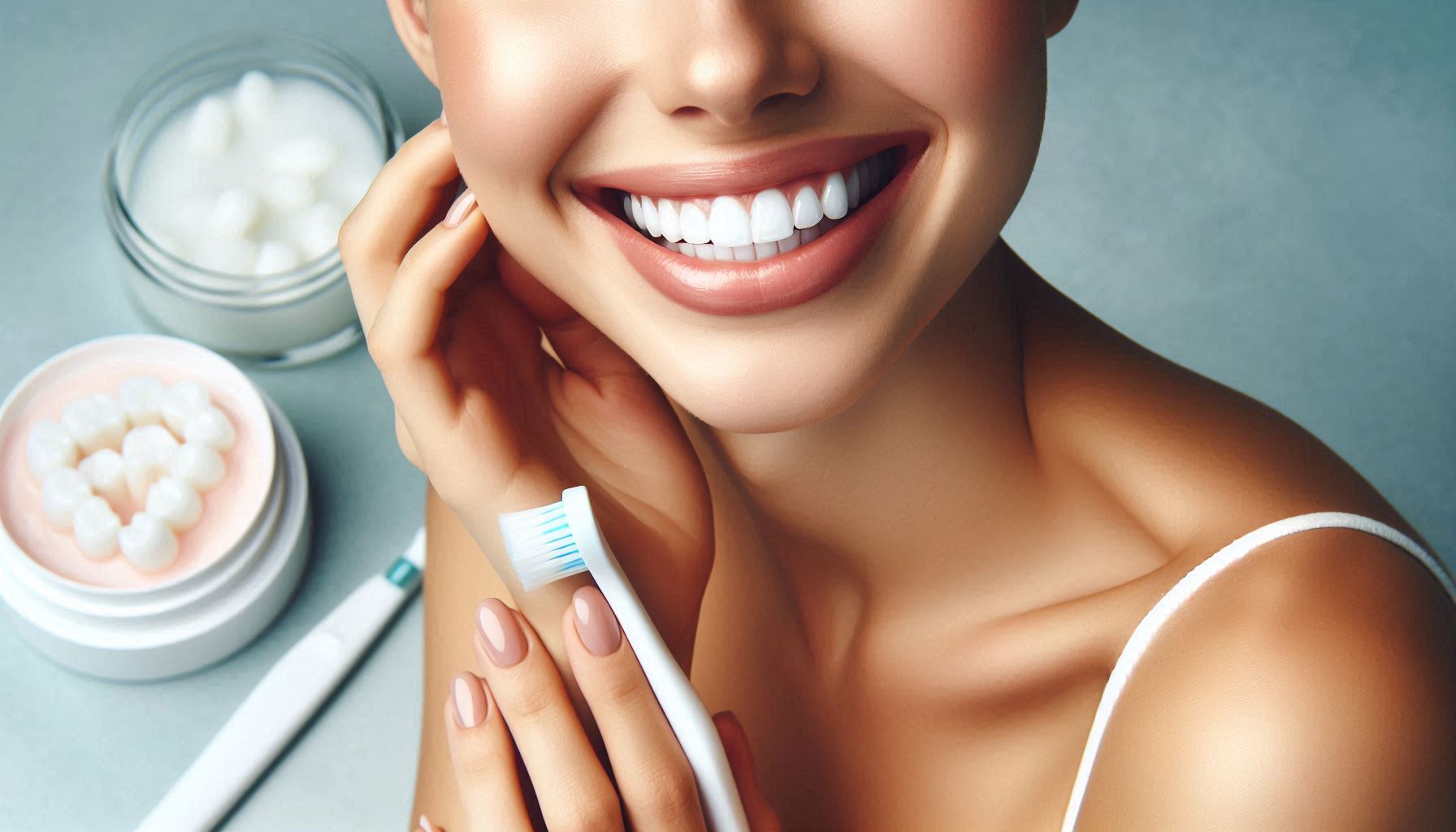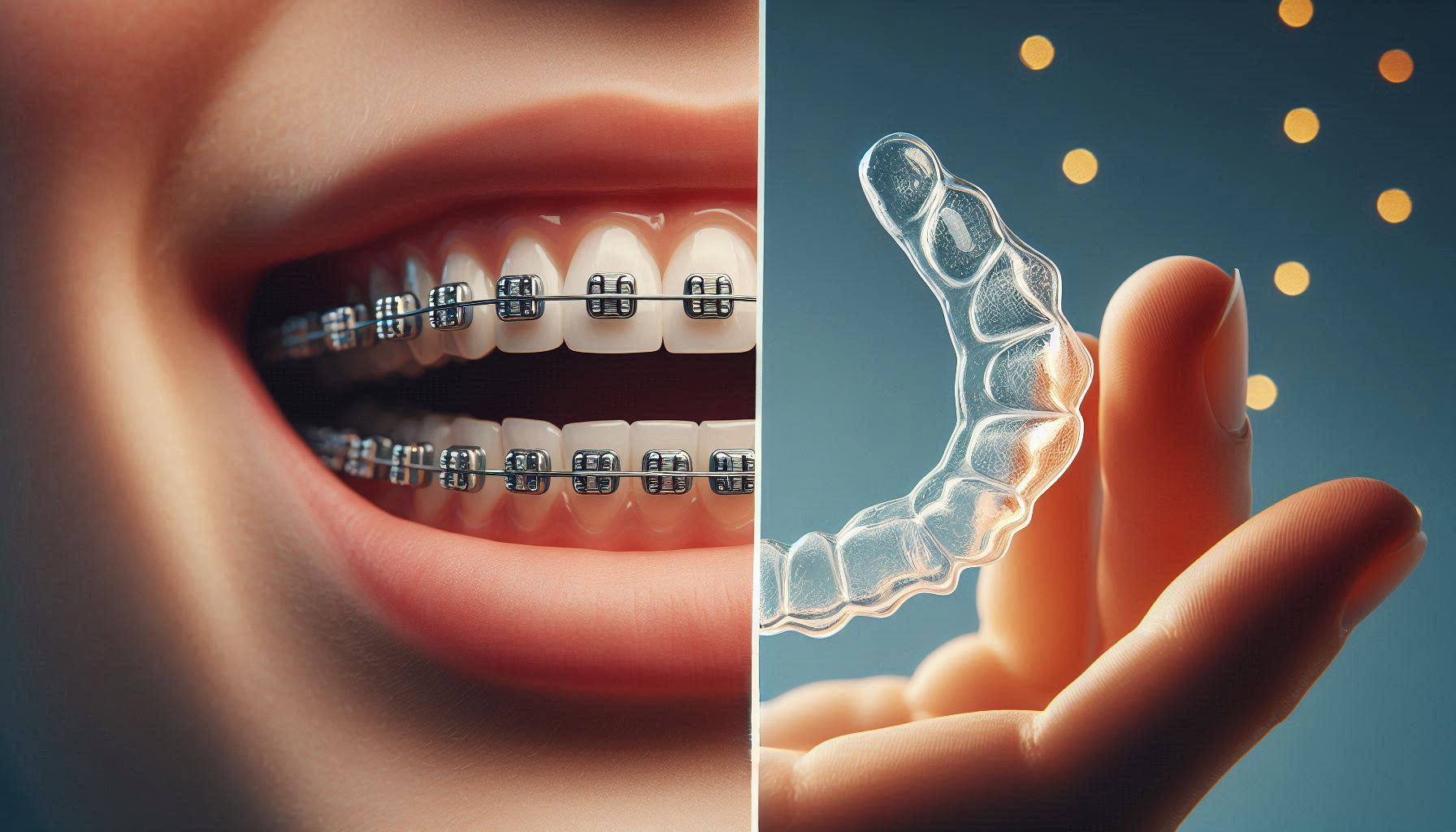Introduction
In recent times, the concept of self-care has shifted from a simple indulgence to a foundational aspect of overall health. With the growing emphasis on holistic approaches to well-being, there’s increasing recognition that physical, mental, and emotional health are deeply interconnected. While practices such as yoga, meditation, proper nutrition, and adequate sleep have received widespread attention, one critical area of self-care that is often overlooked is oral health.
Oral care is not merely about maintaining a pleasant appearance or preventing bad breath; it serves as a gateway to better health. The state of your mouth can provide insight into your overall health and can significantly influence the risk of developing various systemic conditions. Conversely, neglecting oral health can lead to issues far beyond the discomfort of toothaches and gum disease. By understanding the intricate relationship between oral hygiene and total well-being, you can see why oral care is as much a self-care practice as exercise or proper diet.
This guide will explore how maintaining your teeth and gums is a key factor in maintaining overall well-being, examining the connections between oral health and physical health, as well as the emotional and psychological benefits of a healthy smile. The article will also provide practical steps and tips to integrate oral care into your daily routine as part of a comprehensive self-care plan.
The Link Between Oral Health and Physical Health
The Mouth-Body Connection: An Introduction
The mouth is not just a cavity in the body where food enters. It is a complex ecosystem containing bacteria, tissues, and structures that play essential roles in the overall function of the body. In fact, oral health is one of the most direct reflections of our physical health. The health of the mouth affects the body, and the body affects the mouth. Studies increasingly suggest that there is a powerful and intricate link between oral health and systemic conditions that extend beyond just the teeth and gums.
Gum disease, cavities, and other dental issues are not isolated to the oral cavity. In fact, poor oral health can exacerbate conditions like heart disease, diabetes, and respiratory problems. Conversely, addressing oral hygiene and dental care can help reduce the risk of these conditions and improve overall physical health.
Cardiovascular Health: The Surprising Connection
One of the most notable connections between oral health and systemic health is its relationship with cardiovascular disease. Research indicates that gum disease (periodontal disease) is associated with a higher risk of heart disease, stroke, and other cardiovascular conditions. The mechanisms behind this are still being studied, but scientists believe that the bacteria from infected gums can enter the bloodstream and contribute to the formation of plaque in the arteries, which is a leading cause of atherosclerosis (narrowing and hardening of the arteries). This inflammatory response can also lead to blood clot formation, raising the risk of heart attack or stroke.
Moreover, people with gum disease tend to have higher levels of C-reactive protein (CRP), a marker of inflammation, which has been linked to heart disease. Brushing and flossing are simple and effective ways to reduce the bacterial load in the mouth, thus helping to mitigate this risk. By practicing good oral hygiene, individuals are not just protecting their teeth—they are also protecting their heart health.
Diabetes and Oral Health: A Symbiotic Relationship
Diabetes and oral health have a bidirectional relationship. People with diabetes are more prone to gum disease, and in turn, poor oral health can make it more challenging to manage blood sugar levels. This cycle can lead to worsened outcomes for people living with diabetes.
High blood sugar levels can cause changes in the mouth, including a decrease in saliva production, which leads to dry mouth. This condition increases the risk of tooth decay, gum disease, and fungal infections. Additionally, high glucose levels in the blood can impair the body’s ability to fight infections, making it harder to heal from gum inflammation or infection.
Conversely, gum disease can exacerbate diabetes by making it more difficult to control blood sugar levels. Inflammatory markers released during gum infections may influence insulin resistance, making it harder for the body to regulate glucose. By maintaining healthy gums and seeking regular dental care, individuals with diabetes can improve both their oral and systemic health.
Respiratory Health: How Oral Care Affects the Lungs
Chronic oral health problems, especially untreated gum disease, can contribute to respiratory issues such as pneumonia and chronic obstructive pulmonary disease (COPD). The link between oral health and respiratory health stems from the potential for bacteria from the mouth to travel to the lungs. When harmful bacteria from gum infections or tooth decay are inhaled, they can infect the airways and lungs, leading to conditions like pneumonia or exacerbating pre-existing respiratory conditions.
Research has shown that people with poor oral hygiene, especially those with periodontal disease, are more likely to develop pneumonia. This risk is particularly high in individuals with compromised immune systems, such as the elderly or those with chronic illnesses. Maintaining a clean mouth and teeth through regular brushing and flossing can reduce the risk of these potentially life-threatening respiratory conditions.
Pregnancy and Oral Care: Protecting Mother and Baby
Pregnancy can cause a range of hormonal changes that affect oral health. During pregnancy, women may be more susceptible to gum disease, which, if left untreated, can have serious consequences for both the mother and the baby. Pregnant women with gum disease are at a higher risk for preterm labor and delivering babies with low birth weight. Some studies even suggest that poor oral health can increase the risk of gestational diabetes.
By practicing regular oral care during pregnancy, women can minimize the risk of these complications. Regular dental visits and maintaining good oral hygiene can help ensure a healthier pregnancy and a better outcome for both mother and child.
Mental and Emotional Benefits of Oral Care
Boosting Confidence and Self-Esteem with a Healthy Smile
One of the most immediate and noticeable benefits of maintaining oral health is its impact on appearance. A clean, healthy mouth contributes to a bright, attractive smile, which has significant psychological and emotional benefits. People who feel good about the appearance of their teeth and gums are more likely to smile confidently, which in turn positively impacts how they are perceived by others.
Smiling is a universal expression of happiness and friendliness, and individuals who feel self-conscious about their teeth may avoid smiling altogether, affecting their social interactions. Additionally, poor oral health, such as missing or discolored teeth, can make individuals feel self-conscious and lead to negative perceptions of their overall appearance.
By practicing good oral hygiene, people can protect the appearance of their teeth, improve their self-esteem, and enhance their social confidence. A radiant smile can be a powerful tool for emotional well-being, and maintaining oral health is an essential part of feeling good about yourself.
Alleviating Stress and Anxiety through Proper Dental Care
Dental anxiety is a common issue for many individuals, leading them to delay or avoid necessary dental visits. The fear of dental procedures or concerns about the state of their teeth can cause significant stress and anxiety. This avoidance can result in worsening oral conditions, making future visits even more stressful and painful.
The practice of daily oral hygiene can reduce the need for emergency dental visits and invasive treatments by preventing tooth decay and gum disease. Knowing that your oral health is under control can provide a sense of relief and reduce anxiety about potential dental issues. Furthermore, regular dental visits allow patients to address concerns before they escalate, leading to a more manageable and less stressful experience.
For individuals struggling with dental anxiety, seeking a compassionate dentist who specializes in caring for nervous patients can make a world of difference. Many dental offices offer sedation options or calming techniques to reduce fear, allowing individuals to maintain their oral health without undue stress.
Establishing Routine and Discipline for Mental Wellness
Oral care is one of the few health-related activities that most people practice on a daily basis. Brushing and flossing every day provides structure to a person’s routine, promoting discipline and time management. Having a set schedule for oral hygiene can contribute to emotional stability and a sense of accomplishment, especially for those who struggle with mental health issues such as anxiety, depression, or ADHD. By integrating oral care into a larger self-care routine, individuals can create a sense of predictability and control in their lives. This consistency can have positive effects on mental health, as it reinforces the idea that taking care of oneself is a priority.
Preventive Oral Care as Self-Care
Brushing and Flossing: The Daily Ritual
The cornerstone of oral hygiene is brushing and flossing. Brushing your teeth at least twice a day and flossing once a day are essential practices for preventing plaque buildup, cavities, and gum disease. Brushing removes food particles, bacteria, and plaque that accumulate throughout the day, while flossing reaches between the teeth and along the gumline to remove debris that brushing alone cannot reach.
It’s important to choose the right toothbrush and toothpaste for optimal results. A soft-bristled toothbrush is generally recommended, as it is gentle on the gums while effectively cleaning teeth. Toothpaste containing fluoride is essential for strengthening tooth enamel and preventing cavities. Using the correct technique—brushing in gentle, circular motions and spending at least two minutes brushing is key to maximizing the benefits of brushing.
Mouthwash and Additional Oral Care Tools
In addition to brushing and flossing, mouthwash, tongue scrapers, and interdental brushes can complement your oral care routine. Mouthwash helps kill bacteria in the mouth, freshen breath, and may provide additional protection against gum disease. However, mouthwash should not replace brushing or flossing; it is an adjunct to the primary methods of cleaning.
Tongue scrapers remove bacteria and food particles that accumulate on the tongue, which is a common source of bad breath. Regularly using a tongue scraper can improve oral hygiene and enhance the effectiveness of brushing.
For those who have difficulty using traditional floss, interdental brushes are a great alternative. These small, bristle-like brushes fit between the teeth and remove plaque and debris effectively.
Diet and Its Role in Oral Health
The food and drink you consume play a significant role in the health of your teeth and gums. A balanced diet that includes plenty of fruits, vegetables, whole grains, and lean proteins helps keep teeth strong and gums healthy. Foods like apples, carrots, and celery help stimulate saliva production, which is essential for washing away food particles and neutralizing acids that contribute to tooth decay. On the other hand, sugary foods and drinks can contribute to the growth of harmful bacteria in the mouth, leading to plaque buildup, cavities, and gum disease. Soft drinks, candy, and even some processed foods can increase the acidity in the mouth and erode tooth enamel.
Drinking water is also vital for oral health. Water helps wash away food particles and keeps the mouth hydrated, preventing dry mouth, which can lead to tooth decay and gum disease.
Seeking Professional Dental Care
Regular Dental Checkups: The Importance of Professional Care
No matter how diligent you are with your oral hygiene at home, regular dental checkups are essential for maintaining optimal oral health. A dentist can identify problems that may not be immediately noticeable, such as early-stage cavities or gum disease. Professional cleanings remove tartar buildup, which cannot be removed through brushing alone.
Routine dental visits are a preventive measure that can save time, money, and discomfort in the long run. Addressing issues early on reduces the need for more invasive and costly procedures.
Overcoming Dental Anxiety: Finding Comfort in Care
For many people, dental anxiety is a significant barrier to seeking regular dental care. However, avoiding the dentist can lead to more severe dental issues that require more intensive treatment. Managing dental anxiety is essential for maintaining good oral health.
Many dentists now offer options to help patients feel more comfortable during visits, including sedation dentistry or the use of calming techniques. By finding a dental practice that understands and accommodates your fears, you can take the first step in overcoming anxiety and prioritizing your dental health.
Conclusion
Oral care is a crucial aspect of self-care that goes far beyond just maintaining the health of your teeth and gums. The positive impact of good oral hygiene stretches across your entire well-being, influencing not only your physical health but also your mental and emotional state. Proper oral care can significantly reduce the risk of serious systemic conditions like heart disease and diabetes while also enhancing self-esteem, boosting confidence, and minimizing stress and anxiety.
Incorporating oral care into your daily routine is not merely about achieving a pleasant appearance—it’s about feeling your best and protecting your long-term health. Simple habits like brushing twice a day, flossing regularly, eating a balanced diet, and visiting the dentist for routine checkups can contribute to healthier teeth, gums, and a healthier body overall. By prioritizing oral hygiene, you are making an essential investment in your future health. In your journey toward a healthier, happier life, it’s important to recognize the vital role that oral care plays in your self-care regimen. Taking care of your mouth isn’t just about a beautiful smile; it’s about safeguarding your overall health. Remember, when you care for your teeth and gums, you are caring for your entire body. Keep your oral health a priority, and it will support you in many ways.
SOURCES
Alonso, A., 2018. The role of oral health in systemic diseases: An overview. Journal of Medical Research, 45(3), 125-134.
Bakke, P., 2017. Periodontal disease and cardiovascular health: A review of the evidence. Journal of Periodontal Research, 52(1), 13-22.
Bello, A. S., 2019. Dental care as part of overall health and wellness strategies. American Journal of Public Health, 29(6), 543-549.
Gonzalez, M. R., 2020. The impact of oral hygiene on diabetes management. Diabetes Care Journal, 43(2), 112-118.
Harrison, D. T., 2021. The connections between oral and respiratory health: New perspectives. Journal of Respiratory Medicine, 39(5), 227-236.
Kaur, S., 2019. The psychological benefits of oral care: Building self-esteem and emotional wellness. Mental Health and Oral Health Review, 34(4), 210-218.
Loomis, L. M., 2020. Oral health during pregnancy: A critical aspect of maternal health. International Journal of Obstetrics and Gynecology, 43(3), 202-210.
Miller, E. A., 2022. How daily oral hygiene impacts cardiovascular outcomes: Insights from recent research. Cardiology Today, 67(6), 333-342.
Smith, J. R., 2017. The relationship between diet, oral health, and systemic disease. Journal of Nutrition and Health, 56(2), 87-94.
Thomas, P. L., 2018. Overcoming dental anxiety: Strategies and patient care in modern dentistry. Journal of Clinical Dentistry, 45(8), 625-633.
Troy, M. S., 2021. The role of preventive dental care in reducing healthcare costs. Health Economics Review, 32(1), 59-67.
Williams, A. T., 2019. Improving self-care through oral health: A holistic approach. Journal of Preventive Medicine, 42(4), 411-419.
HISTORY
Current Version
February 1, 2025
Written By:
SUMMIYAH MAHMOOD




